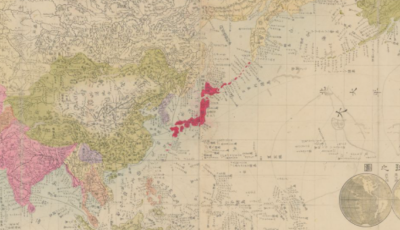The Emerging Democratic Surveillance State

Much has been written recently about the use of digital surveillance technology powered by AI by China and other non-democratic states to control their populations and manage the public and economic sphere. But writers such as John Gray and Shoshana Zuboff have pointed to what they consider a growing convergence between democratic societies and China in the use of such technology, albeit with significant differences in form. China has an official social-credit system; but some argue that democratic regimes have an emerging de facto system anchored in the data collection systems of massive private technology firms and the cooperation of the government and private sector.
This project offers an analysis of a selection of leading critiques of private and public digital surveillance under democracy from those who consider their primary aim the defense of the principle of individual privacy or liberty. It then offers a critique of these critiques, based on recognition of a problem enunciated by Montesquieu, who famously defined “political liberty” as “a tranquillity of mind arising from the opinion each person has of his safety” (Spirit of the Laws 11.6). Ever-improving algorithms expand the possibilities and means of surveillance. If digital surveillance serves the end of safety and stability in increasingly socially and politically fragmented democracies, its appeal and prevalence is likely to increase. The Covid-19 pandemic and the large-scale responses of democratic states, as well as the leading venues for public communication (privately owned technology platforms), has dramatically intensified these issues.
Many proposed solutions and remedies, such as increased privacy regulation, see technological and economic problems as needing political solutions. But other voices see the primary issue as technological change itself, and look to new technological innovations (for example, Blockchain technology), rather than new laws and political policies, as the most hopeful or at least the most likely path forward in the longer-term.
Related Publications
“Tocqueville and the Paradoxes of Digital Individualism,” in Liberal Education in an Age of Automation, edited by Karim Dharamsi. Wilmington, DE: Vernon Press. (forthcoming)
































